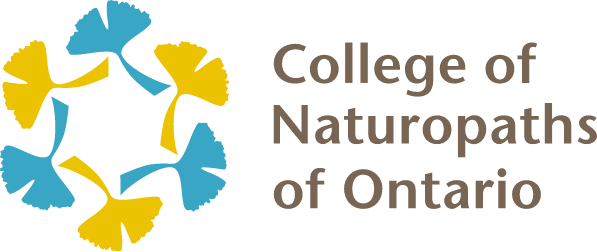Accessibility Policy
We are committed to creating and maintaining an accessible environment for people with disabilities in the delivery of its goods and services pursuant to the Accessibility for Ontarians with Disabilities Act, 2005 (AODA).
Definitions
“Disability” means:
- any degree of physical disability, infirmity, malformation or disfigurement that is caused by bodily injury, birth defect or illness and, without limiting the generality of the foregoing, includes diabetes mellitus, epilepsy, a brain injury, any degree of paralysis, amputation, lack of physical co-ordination, blindness or visual impediment, deafness or hearing impediment, muteness or speech impediment, or physical reliance on a guide dog or other animal or on a wheelchair or other remedial appliance or device;
- a condition of mental impairment or a developmental disability;
- a learning disability, or a dysfunction in one or more of the processes involved in understanding or using symbols or spoken language;
- a mental disorder; or,
- an injury or disability for which benefits were claimed or received under the insurance plan established under the Workplace Safety and Insurance Act, 1997.
“Service animal” means an animal for a person with a disability where it is readily apparent that the animal is used by the person for reasons relating to their disability or where the person provides a letter from a health care professional qualified under AODA confirming that they require the animal for reasons relating to the disability. Service animals include guide dogs.
“Guide dog” means a dog trained as a guide for a person who is blind or visually impaired.
“Support person” means, in relation to a person with a disability, another person who accompanies him or her in order to help with communication, mobility, personal care or medical needs or with access to goods and services.
Guiding principles and accessible functions
The College will use reasonable efforts to ensure that its policies, practices and procedures governing the provision of its goods and services to people with disabilities are consistent with the following principles:
- Goods and services are provided in a way that respects the dignity and independence of people with disabilities.
- People with disabilities are able to benefit from the same goods and services in a similar way as others.
- People with disabilities have opportunities equal to others to obtain, use and benefit from the College’s goods and services.
In carrying out its functions, the College will:
- communicate with people with disabilities in ways that take their disabilities into account. Upon request, the College will be prepared to use alternative formats and communication methods;
- serve people with disabilities who use assistive devices;
- ensure that people with disabilities who are accompanied by their guide dogs or other service animals are permitted to enter the premises of the College with the animal and to keep the animal with them; and,
- ensure that people with disabilities who are accompanied by a support person are permitted to enter the College’s premises with their support person and at no time will they be prevented from having access to their support person while on the College premises. Where applicable, the consent of the person with the disability will be obtained prior to discussing any confidential information in the presence of the support person.
Notice of temporary disruption
The College will notify the public in the event of a planned or unexpected disruption in the facilities or services usually used by people with disabilities. This notice will include information about the reason for the disruption, its anticipated duration, and a description of alternative facilities or services, if available.
Any notices will be posted at all public entrances and service counters of the College, or communicated by such method as is reasonable in the circumstances.
Employment
The College is committed to equality in the employment context with respect to disability. This commitment extends to its recruitment.
Feedback process
We welcome any feedback or questions regarding the methods we use to provide goods and services to people with disabilities. You can provide feedback in person, by mail, telephone, fax or email to:
College of Naturopaths of Ontario
10 King Street East, Suite 1001
Toronto, ON M5C 1C3
Telephone: 416-583-6010
Fax: 416-583-6011
E-mail: general@collegeofnaturopaths.on.ca
Modification of policy
Changes will not be made to this policy unless the impact of the changes on people with disabilities has been considered. Any College policy that does not respect and promote the dignity and independence of people with disabilities will be modified or removed.
